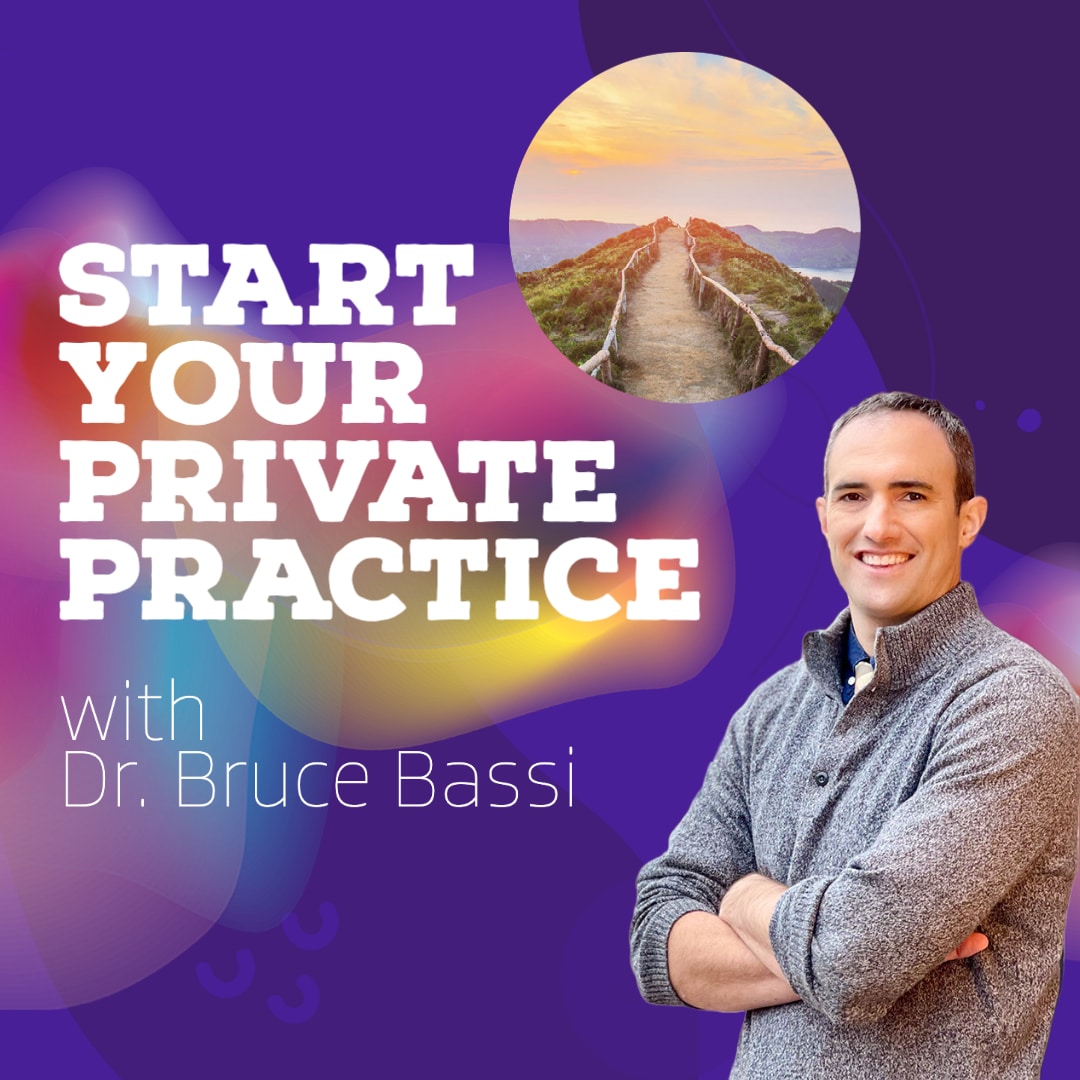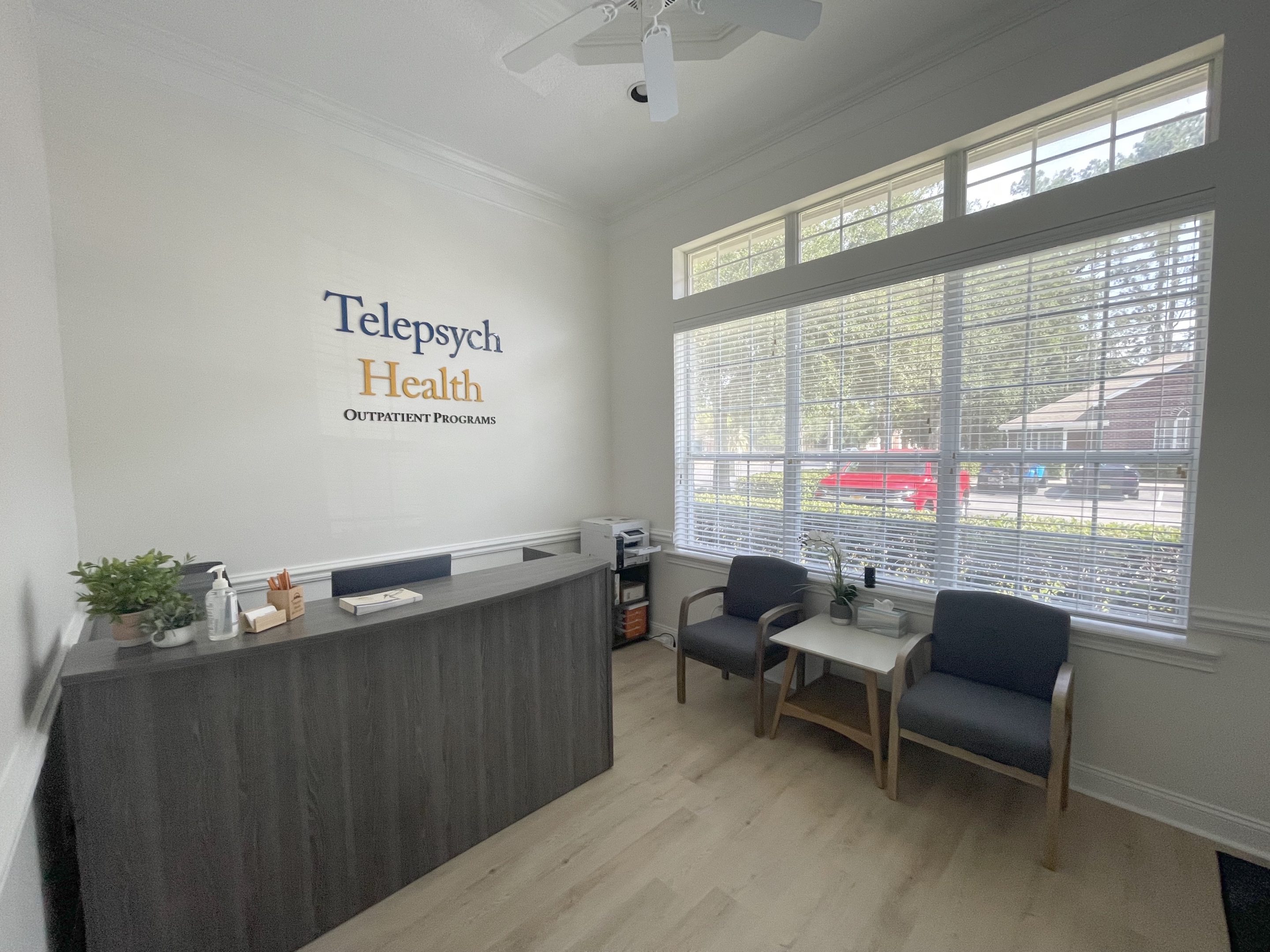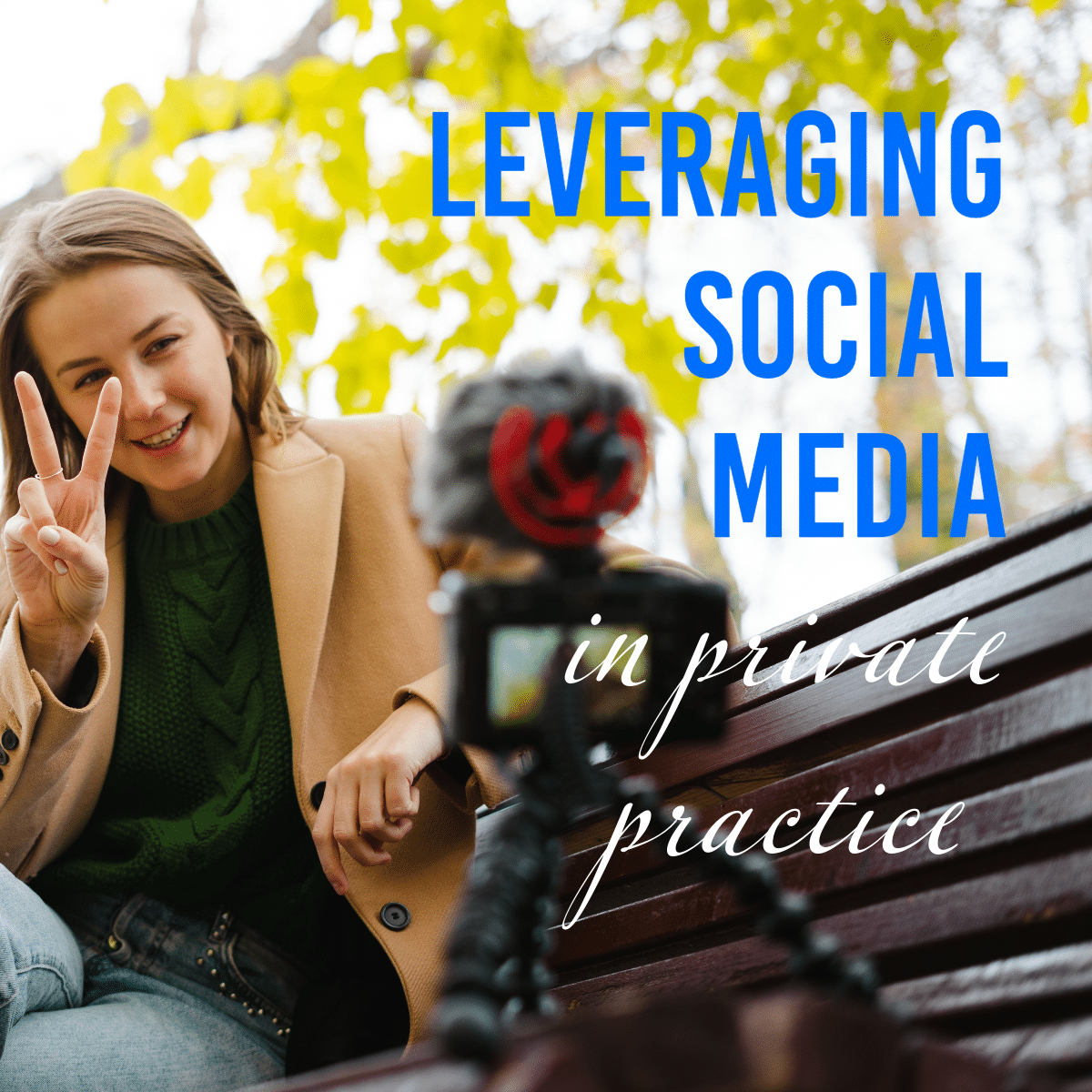Building a strong support network is essential for your personal and professional growth as a private practitioner. A support network can provide valuable resources, advice, and encouragement during challenging times. This article will explore effective ways to build a strong support network for your private practice.
KEY TAKEAWAYS
-
Join professional organizations related to your field to network and learn about best practices.
-
Attend conferences, workshops, and webinars to connect with colleagues and gain valuable insights.
-
Join peer consultation groups to discuss cases, gain new perspectives, and improve clinical skills.
-
Seek mentorship from experienced professionals to receive guidance and support.
-
Collaborate with other professionals on projects to learn from each other’s expertise and gain exposure to new clients.
-
Utilize online resources such as forums and social media groups to connect with other professionals and access valuable information.
6 Effective Strategies for Building a Strong Support Network in Your Private Practice
Private practice can be a fulfilling and rewarding career path, but it can also be challenging. Building a strong support network is crucial for navigating these challenges and achieving success. If you’re a new practitioner, here is a guide to starting a private practice.
This article will explore six effective strategies for building a strong support network in your private practice. Whether you are just starting out or looking to expand your network, these tips will provide valuable insights for enhancing your professional and personal growth.
1. Join Professional Organizations

Joining professional organizations related to your field is a great way to build a support network. These organizations offer opportunities to network with other professionals, attend conferences and workshops, and learn about the latest research and best practices. Some examples of professional organizations include the American Psychological Association, the National Association of Social Workers, and the American Counseling Association.
Joining professional organizations related to your field is an excellent way to build a strong support network for your private practice. Here’s why:
Networking: By joining professional organizations, you’ll have the opportunity to meet and connect with other professionals in your field. These connections can lead to new referrals, collaborations, and mentorship opportunities.
Professional Development: Professional organizations offer a variety of resources, including conferences, workshops, and webinars, to help you stay current with the latest research and trends in your field. Attending these events can also provide valuable continuing education credits.
Advocacy: Many professional organizations advocate for their members and their profession locally, state, or nationally. By joining and supporting these efforts, you can help shape policies affecting your practice and clients.
Credibility: Being a member of a professional organization can lend credibility to your private practice. It shows that you are committed to your profession and are interested in continuing your education and professional development.
2. Attend Conferences and Workshops

Attending conferences and workshops is an excellent way to connect with other professionals in your field. These events offer opportunities to network with colleagues, share experiences, and gain valuable insights into your practice. You can learn about the latest research, emerging trends, and best practices from experts in your field.
To fully benefit from attending conferences and workshops, consider taking the following actions:
-
Plan ahead: Look for relevant conferences and workshops to your practice and plan your schedule accordingly.
-
Be prepared: Bring business cards, a notepad, and a pen to take notes and exchange information with colleagues.
-
Participate actively: Attend lectures, participate in discussions, and engage with other professionals to make the most of your experience.
-
Follow up: After the conference or workshop, follow up with new contacts, share what you learned with colleagues, and implement any new ideas or practices you discovered.
Attending a networking event can also refer clients and work in community marketing.
Attending conferences and workshops is an excellent way to build a strong support network for your private practice. Here’s why:
Networking: Conferences and workshops bring together professionals in your field from around the world. This is an excellent opportunity to meet and connect with colleagues, form relationships, and build your network.
Professional Development: Conferences and workshops offer valuable opportunities to learn about new research, emerging trends, and best practices in your field. You can attend lectures, participate in workshops, and engage in discussions that can help you improve your practice and provide better care for your clients.
Exposure: Attending conferences and workshops can also provide exposure for your practice. You may have the opportunity to present research or participate in panel discussions, which can increase your visibility and help you build your reputation as an expert in your field.
Inspiration: Conferences and workshops can be inspiring and energizing. By connecting with other professionals and learning about new ideas and practices, you can bring fresh perspectives to your work and feel more motivated to tackle the challenges you face in your practice.
3. Join Peer Consultation Groups
Peer consultation groups provide a safe and supportive space for private practitioners to discuss cases, share insights, and seek feedback. Joining a peer consultation group can help you improve your clinical skills, gain new perspectives, and build relationships with other professionals. Look for local or online groups that align with your private practice area or interests.
Skill improvement: Peer consultation groups provide an opportunity to learn from other professionals in your field. By sharing knowledge and experience, you can improve your skills and gain new perspectives on challenging cases.
Support: Peer consultation groups can provide emotional support and a sense of community. You can discuss challenges and frustrations with colleagues who understand your profession and the unique issues you face.
Collaboration: Peer consultation groups can provide opportunities for collaboration. You may find colleagues with complementary skills or specialties with whom you can work on cases or projects.
Accountability: Peer consultation groups can help keep you accountable for your professional goals. You can set goals and receive feedback and support from your peers as you work towards them.
4. Seek Mentorship

Mentorship is a valuable resource for private practitioners starting or expanding their practices. A mentor can provide guidance, support, and feedback on your professional development. Consider reaching out to experienced professionals in your field and asking for their advice and support.
To fully benefit from seeking mentorship, consider taking the following actions:
-
Identify potential mentors: Look for individuals in your field with experience and expertise aligning with your goals and needs.
-
Reach out: Once you have identified potential mentors, express interest in establishing a mentorship relationship.
-
Be clear about your goals: Be clear about your goals and what you hope to gain from the mentorship relationship.
-
Establish clear expectations: Discuss expectations for the mentorship relationship, such as meeting frequency, communication preferences, and confidentiality.
-
Actively participate: Take an active role in the mentorship relationship by seeking advice, following through on suggestions, and actively engaging with your mentor.
Pro Tip: Seek out mentors who have diverse perspectives and be open to receiving constructive feedback.
Beginners also make many mistakes; thus, here is a guide on mistakes people make when starting a private practice.
5. Collaborate with Other Professionals

Collaborating with other professionals in your field can be a great way to build a support network for your private practice. By working together on projects, you can learn from each other’s expertise, share resources, and gain exposure to new clients. Consider partnering with colleagues on research projects, workshops, or community events.
Here are some reasons why collaborating with other professionals is important:
-
Cross-disciplinary expertise: Collaborating with professionals from different disciplines can bring new perspectives and approaches to patient care, ultimately improving outcomes.
-
Shared resources: Collaboration can also provide access to shared resources such as equipment, technology, or administrative support.
-
Business opportunities: Collaborating with other professionals can also lead to new business opportunities, such as joint ventures or referrals.
-
Emotional support: Collaboration can also provide emotional support and camaraderie as you work with others who understand the challenges of your profession.
6. Utilize Online Resources

Online resources such as professional forums, social media groups, and webinars can be a great way to connect with other professionals and build a support network. Look for online communities that are specific to your practice area or interests. These resources can provide a wealth of information, support, and opportunities to network with other professionals.
Here are some reasons why utilizing online resources is important for private practice:
-
Access to information: The internet provides access to a wealth of information that can be useful in your practice. This includes information about new research and treatments, as well as business and marketing strategies.
-
Networking opportunities: Online communities provide opportunities to connect with other professionals in your field or related fields, expanding your network of support and potential collaborators. It can refer clients to your practice.
-
Educational resources: The internet also provides a variety of educational resources, including online courses, webinars, and podcasts, that can help you improve your skills and stay up-to-date on best practices.
-
Business tools: Online tools, such as scheduling software or electronic medical records, can help to make a successful private practice and save time and money.
-
Social media accounts: Stay active on social media like Facebook, Instagram, LinkedIn, and other social media accounts to keep in touch with other mental health practitioners or other therapists.
Summary
In conclusion, building a strong support network is essential for private practitioners to thrive personally and professionally. Joining professional organizations, attending conferences and workshops, joining peer consultation groups, seeking mentorship, collaborating with other professionals, and utilizing online resources are all effective ways to build a support network.
Whether mental health practitioners, therapists, or others, by investing in your support network, you can gain valuable insights, resources, and encouragement that can help you grow your private practice.
FAQs
Why is it important to build a support network for my private practice?
Building a support network can provide emotional support, opportunities for collaboration, and access to resources that can help you grow and improve your practice.
How do I find a mentor for my private practice?
You can find a mentor by networking with other professionals in your field, reaching out to professional organizations, or seeking referrals from colleagues.
What kind of professional organizations should I join to build my support network?
You should join organizations relevant to your field or specialty and organizations that align with your personal and professional values.
How can I make the most of attending conferences and workshops?
Research the event beforehand to identify sessions and speakers that align with your goals and interests, and make an effort to network with other attendees and speakers during breaks or social events.
What are some online resources I can utilize to build my support network?
Online resources include professional organizations, social media groups, educational websites, and online tools such as scheduling software or electronic medical records.
How can I find a peer consultation group for my private practice?
You can find peer consultation groups by networking with other professionals in your field, seeking referrals from colleagues, or reaching out to professional organizations.
Additional Tips
Attend networking events: Attend networking events and conferences to meet other mental health professionals and expand your professional network. These events provide opportunities to exchange ideas, share resources, and develop mutually beneficial relationships with colleagues.
Collaborate with other mental health providers: Collaborating with other mental health providers can enhance your service offerings and provide your clients with access to additional resources. For example, you could partner with a nutritionist to offer clients holistic care.
Build relationships with prospective clients: Building relationships with prospective clients can lead to referrals and help grow your practice. Respond promptly to inquiries, be personable and professional in your communication, and show genuine interest in meeting their needs.
Develop mutually beneficial relationships: Seek out relationships that are mutually beneficial. For example, you could partner with a therapist who specializes in a different area of mental health to offer your clients additional support.
Seek out mentorship: Seeking out mentorship from experienced mental health professionals can provide valuable guidance and support. A mentor can offer insights into running a successful practice and help you navigate challenges.
Participate in professional organizations: Joining professional organizations provides opportunities to connect with other mental health professionals, stay up-to-date on industry trends, and access valuable resources. These organizations can also offer mentorship programs, peer consultation groups, and continuing education opportunities.

 Bruce Bassi
Bruce Bassi





